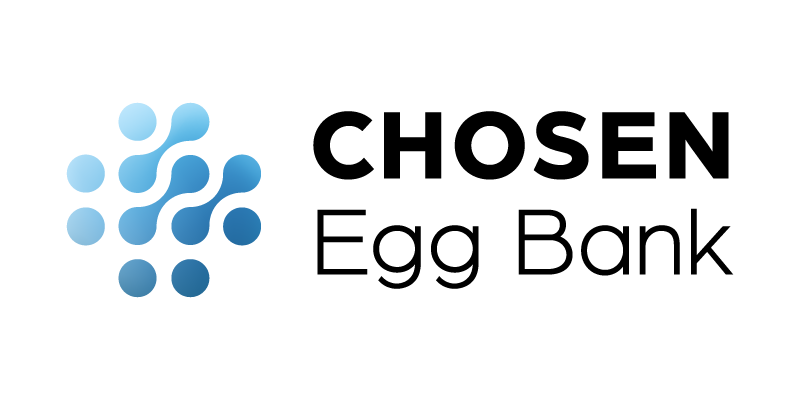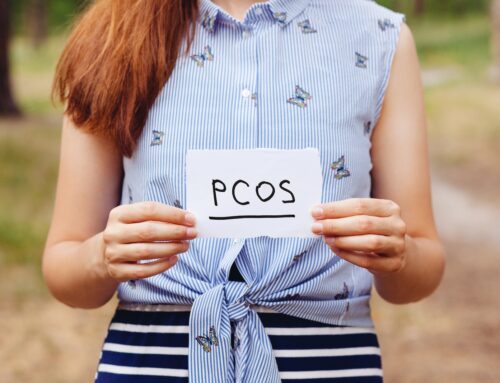Cultural takes on egg donation: diverse perspectives, shared dreams
July 18, 2025
At Chosen Egg Bank, we believe that every family begins with love, and that love is expressed differently across various groups and cultures. While the science behind egg donation is universal, the way it’s embraced — and the values it reflects — are deeply shaped by culture, faith, and identity.
Egg donation is a deeply personal journey, and in many communities, it intersects with tradition, spirituality, and evolving understandings of family. In this blog, we explore how different cultures and communities experience egg donation, and why everyone benefits from these unique perspectives.

LGBTQ+ families: expanding the definition of parenthood
For many LGBTQ+ families, egg donation is not only a means of building a family — it’s an act of empowerment. It opens the door to parenthood for couples and individuals who might otherwise be excluded by biology. Male same-sex couples may work with an egg donor and a gestational carrier. Transgender individuals may pursue parenthood through egg or sperm preservation paired with egg donation. And lesbian couples may use one partner’s eggs and the other’s womb — a beautiful, shared journey often referred to as reciprocal IVF.
What stands out in LGBTQ+ egg donation is the intentionality. These families are often navigating complex legal, emotional, and societal terrain. Choosing the right donor becomes not only a matter of health and genetics but also of values, representation, and connection.

Jewish egg donation: navigating identity and heritage
Jewish families, particularly those who observe Orthodox or Conservative traditions, often have distinct requirements when it comes to egg donation. In many cases, intended parents seek Jewish egg donors to preserve cultural continuity, religious identity, and family traditions.
Halachic (Jewish law) perspectives vary, and some rabbinical authorities advise that the egg donor should be Jewish for the child to be considered Jewish by birth. Others emphasize the role of the gestational carrier or the process of conversion. These considerations can add layers of complexity — as well as meaning — to the journey.
Chosen Egg Bank understands these nuances, which is why we follow a kosher process for Jewish egg donation. We work with donors from a variety of Jewish backgrounds — Ashkenazi, Sephardic, Mizrahi — and provide detailed donor profiles, including cultural and religious affiliations, to help intended parents make the most informed decision possible.
Beyond borders: cultural contexts from around the world
In many cultures, egg donation carries different levels of visibility and acceptance. In parts of Asia, such as Japan and South Korea, donation may still be stigmatized or kept private. In contrast, countries like Spain, Argentina, and the United States have more open — and often well-regulated — systems that support donor and parent choice.
For African American and Latinx communities, representation matters. Many intended parents seek donors who share their heritage, and finding those matches can bring both comfort and continuity.
That’s why Chosen Egg Bank maintains one of the most diverse donor pools available — empowering all families to find the right match and honoring the values that matter most to them. To learn more about our egg donation services, visit choseneggbank.com.







